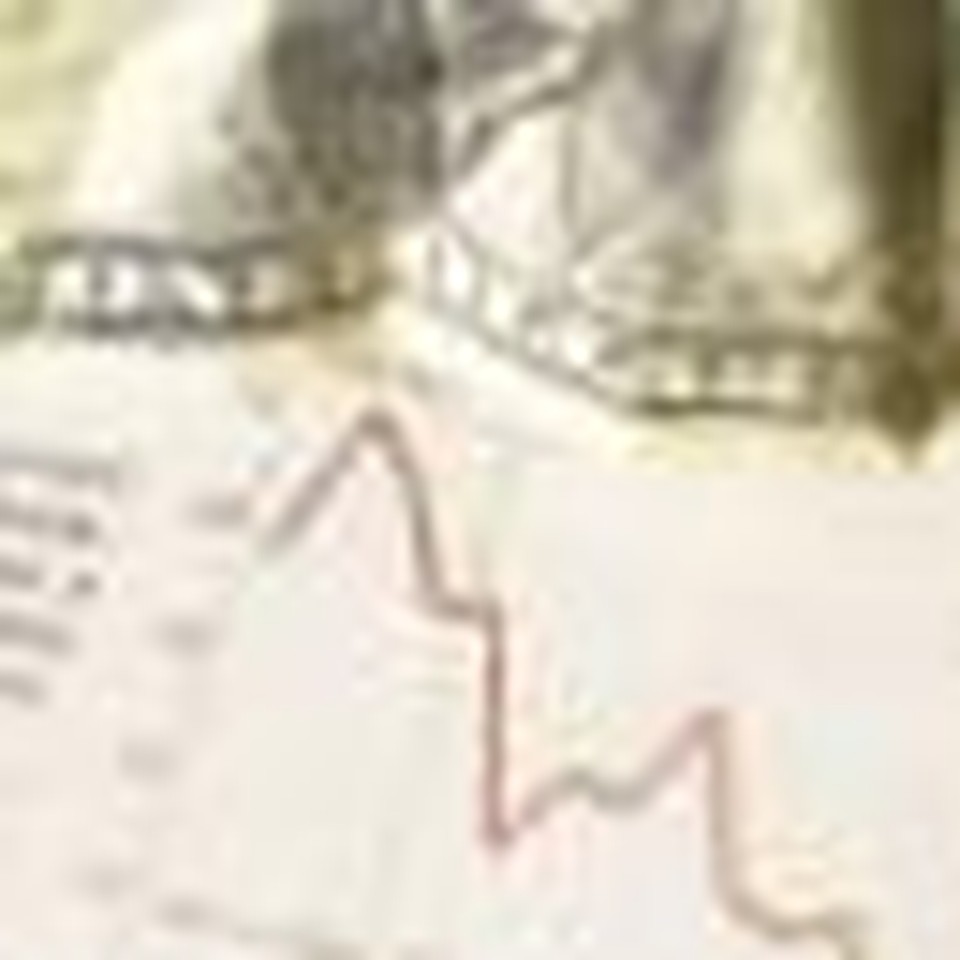How To Take Market Turbulence In Stride

As we have seen lately, stock prices are capable of violent, erratic behavior. Stocks often trade more like commodities than they do ownership interests in individual companies. There are reasons for this having to do with futures trading, hedging, indexing, new communications technology, and the globalization of markets. It's disconcerting to the average investor, and it's not going away. So how are we to remain calm when the financial world around us appears to be suffering a bout of temporary insanity? Here are some suggestions.
Look Back
• Remember that every bear market is followed by a bull market. Until the 1990s, bear markets appeared about every four years. They lasted, on average, 10 months and took the S&P 500 down 28.7%.
• Consider the historical record — be realistic in your expectations. The long-term average return for blue chip stocks for the past 70 years is just over 10% per year. After the atypically large returns of the late 1990s, it was reasonable to expect below-average returns as the market "averaged out." Setting reasonable profit expectations for your investments will help you be more accepting of the inevitable periods of market weakness.
Look Around
• Imitate the styles of the successful. Avoid a trading mentality. According to a study at the University of California, an active buying and selling strategy is counterproductive for most investors. A study of 10,000 accounts at a major discount brokerage house over a seven-year period found that the stocks investors sold performed better than the ones they bought. Don't assume you will improve your results by buying and selling in response to market volatility — a study of investors' results indicates it's a very tough thing to do.
• Accept the reality of the new global financial environment — expect market turbulence. Volatility has become a permanent feature of today's globally-linked markets. You must plan with this in mind. That means at least two things. First, you diversify to lessen the impact on your portfolio when a setback takes place. Although great profits can potentially be made by concentrating your money in one or two investments, huge losses are also possible. By avoiding this temptation, you know that no loss will devastate you. And second, you develop a long-term view that resolutely looks many years out, ignoring the news of the moment.
Look Ahead
• Think of your monthly cash flow needs and keep sufficient liquidity. Your standard of living over the next few years, which involves such things as making your monthly debt payments and meeting your routine living expenses, shouldn't be dependent on how well the market does. Keep sufficient reserves in money market funds and short-term bond funds so that you can afford to leave your stock market commitments untouched for up to five years if need be. Then, with a distant horizon in view, current fluctuations need not concern you—you've got plenty of time for any selloffs to run their course.
• Focus on where you want to be financially in five to ten years. Don't become preoccupied with avoiding short-term losses. The important thing is that your portfolio is comprised of securities that are appropriate in light of your long-term personal goals. Any steps to significantly reduce the volatility in your portfolio will involve lowering your commitment to stocks which, in turn, is likely to reduce your long-term returns. So, make changes in your investment mix only after much consideration of the long-term consequences, and make them gradually. For instance, if you currently have an 80% stock allocation and you want to lower your risk, take small steps in that direction by moving to a 70% allocation.
Look Up
• Exhibit some fruits of the Spirit — practice patience and self-control. Take your cue from the Parable of the Talents where the master was away for "a long time" and make sure your strategy is a long-term one. This allows you to take up-and-down market cycles in stride. If you invest regularly, continue doing so regardless of market conditions. Your long-term dollar-cost-averaging strategy will use temporary setbacks to your advantage.
• Remember your Heavenly Father. Trust His promises. "Look at the birds of the air; they do not sow or reap or stow away in barns, and yet your heavenly Father feeds them. Are you not much more valuable than they?... But seek first his kingdom and his righteousness, and all these things will be given to you as well" (Matt. 6:26,33).
© Sound Mind Investing
Published since 1990, Sound Mind Investing is America's best-selling financial newsletter written from a biblical perspective. 

Originally published February 12, 2008.







